Early Modern (1450 CE - 1800 CE)

Woman with a Basket in Front of a Door to the Prison
Despite the demure expression created by her huge eyes, this woman also shows adherence to the Revolution through her scarf, similar in shape and color to the Phrygian cap.

Day 1 of Prairial of the Year III
Men and women threaten the deputies on 20 May 1795. They demand "Bread and the Constitution of 1793." This day marked one of the last interventions of ordinary women into national politics.
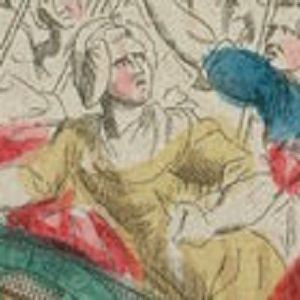
To Versailles, To Versailles!
The women who arrived, though lightly armed, were no shrinking violets. They insisted that the royal family return to Paris where, in fact, they would find themselves under virtual house arrest.
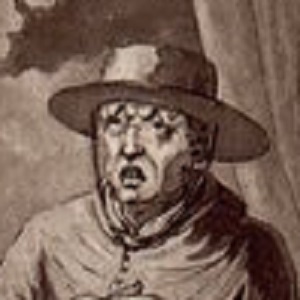
Mea Culpa of the Pope
Although the revolutionaries long regarded the Pope as an enemy, their anger was stoked significantly by the papal decision to decree as unacceptable the Civil Constitution of the Clergy.
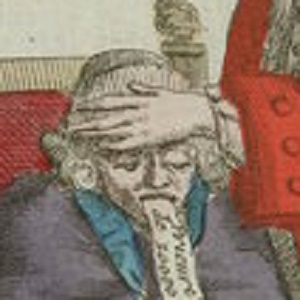
The Great Nausea of Monsignor
This engraving focuses on expurgating the clergy, this time with vomiting as the intended method. Here, the cleric spits up the unfair advantages enjoyed in the old regime.

Advice of an Aztec Mother to Her Daughter
Franciscan friar Bernardino de Sahagún recorded this text in the mid-16th century as part of an effort to gather information about native Aztec history and customs. Sahagún went to Mexico in 1529 as one of the first missionaries assigned to the newly conquered territory of New Spain.
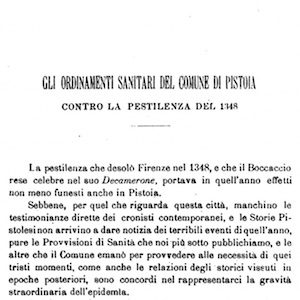
Health Ordinances of Pistoia, 1348
Cities in Italy passed legislation aimed at preventing or reducing the effects of plague. Since the scientific view was that plague was caused by miasma or bad air, the measures targeted rotting and smelling matter, viz.
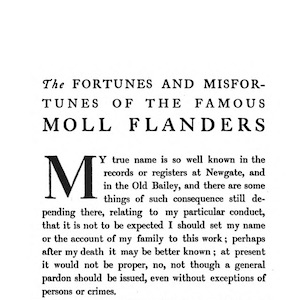
The Fortunes and Misfortunes of the Famous Moll Flanders
Daniel Defoe's novel The Fortunes and Misfortunes of the Famous Moll Flanders, published in 1722, is a useful historical text for examining the everyday lives of female children as well as the possibilities of girlhood in 18th-century British society.

The Voyages and Adventures of Ferdinand Mendez Pinto
One of the most important results of the early modern period was the spread of European culture generally, and Christian religion particularly, throughout the globe.

Malleus Maleficarum, Witch Hunter Manual
Perhaps the most spectacular manifestation of early modern European discrimination against women was the conviction of thousands of women for witchcraft. Over three centuries, more than 40,000 people were executed as witches, 75 percent of them female.